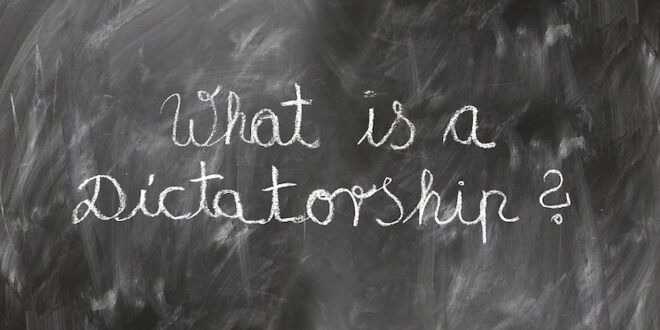In our modern world, most states are democracies or at least call themselves “democratic.” The adoption of democracy is hailed as one of humanity’s greatest achievements. Once upon a time, humanity broke out of the shackles of monarchies and has never looked back since. Nowadays, all citizens in democratic countries are free and safe from despots. Except, that is far from the truth.
Democratic systems have been around for a long time. Ancient Greece comes to mind as the most prominent example of democracy in antiquity. While modern democracies are wildly different from the ones in ancient Athens, they are still susceptible to the pitfalls applicable to all democracies.
Democracies violate freedom of association. Proponents of democracies often argue that everyone is given a vote and that this equates to fair and just representation. However, this binds the citizenry into the social contract since they are forced to abide by the results of the democracy even if they did not consent to a government. Simply giving everyone a vote is not valid restitution for forcing them to abide by the rules of the state. This hasn’t stopped democracies from attempting to manufacture consent to their social contract by claiming that a right to vote is sufficient as consent. If four thieves sneak into a house and then outvote the homeowner to transfer possession of the home to them, the result could hardly be termed just. Democracies aren’t infallible and do not justify decisions as moral based solely on the will of the majority.
Further, democracies tend toward the redistribution of property when it becomes politically popular. This can happen in many forms. Often, democracy is used to justify the expropriation of property from the well-off and economically competent to members or citizens who are more amenable to the cause of a political party. Every citizen is liable to become a victim if they fall on the wrong side of democracy. This explains the extreme politicization of our lives. Being a peaceful, agreeable person is no longer enough.
It is also often argued that democratic systems are a representation of freedom since there aren’t rigid ruler/subject hierarchies as in a monarchy. Previously, under a monarchy, the ruling class was well-known, and all other citizens were subjects. Thus, a clear distinction between those who rule and those who do not rule was made. Supporters of democracy frequently contend that all citizens are rulers in some way because of their ability to vote. By this logic, no rights violations occur in democracies because all citizens are a part of the state. Any property stolen from a citizen was consented to because they are a part of the democratic system. This is fallacious because citizens have rights that exist independent of the state. These rights are known as natural rights and cannot be granted by the state. They can only be violated. Democracies do not escape moral culpability through elections.
It is clear that democracy is prone to tyranny. Such is the case not only when democracy is “done wrong” but almost always as democracies will inevitably break down into a competition of self-interested groups. Despite these failings, democracy is still presented as the political system that ought to be followed by “free” countries. The reason for democracy’s good public perception is that it blends in nicely with the progressive dogma of equality and inclusiveness. Since all votes are equal, an all-inclusive harmonious society should form akin to that of a rainbow nation.
Unfortunately, liberty is incompatible with equality in most cases. It should be no surprise that democracies routinely violate natural rights in the quest for the establishment of a more equal society. By thriving upon envy and greed, democracies erode the moral foundation of a society. While the intentions of democracies are noble, their results are not. A free order will be one based upon the freedom of association and property rights rather than democracy.
 Eurasia Press & News
Eurasia Press & News

